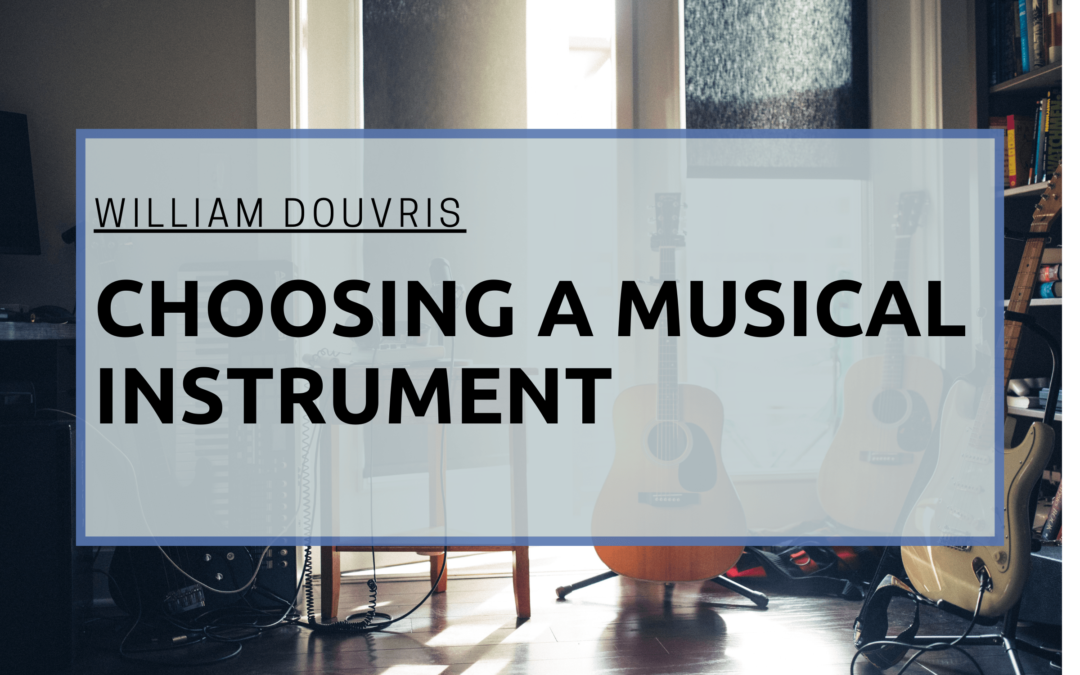Do you feel stuck deciding which musical instrument to pick up? The obvious answer here is that people should choose the instruments that they enjoy most! But for serious students of music, there is sometimes more to it than that. Mastering different kinds of instruments requires different skills, and it can be a strategic move to take up a new instrument to strengthen your knowledge base.
- Where and how will you be playing music? If you’ll be playing by yourself and mostly inside, a classical 88-key piano would be an excellent choice; however, if you’re looking to jam on different stages every week, that piano would be quite impractical. Conversely, if you’re hoping to accompany your very traditional church’s choir, an electric bass guitar may not be the most appropriate choice.
- Can you find a teacher or people to play with? In a big city or near a school of the arts, you may be able to find professional music teachers who can guide you in even the most exotic or obscure instruments. But in the suburbs or small towns, it may make more sense to focus on instruments such as the flute, violin, or keyboard where there are likely plenty of qualified teachers. It will also be easier to find a place in a local band or orchestra if you play a more common instrument.
- Can you read music? Playing classical music on a classic instrument pretty much necessitates that you be able to read standard Western-style sheet music. Genres such as jazz welcome improvisation, and some rock music can be learned by ear. Exotic instruments that originate outside the Western world may require you to learn other forms of music notation.
- What is your budget? It’s true that many instruments come in models ranging from student-level to professional quality – and it’s also true that in most cases, you get what you pay for. It makes sense to start learning on an entry-level instrument, but you should be aware that you’ll likely need an upgrade or two as you improve your skills and want to coax the best sounds possible out of your instruments. Consider how much you’ll have to pay as you move up the scale, so to speak. Also consider, if it’s something you’re comfortable with, which instruments are most likely to be available in the resale marketplace.
